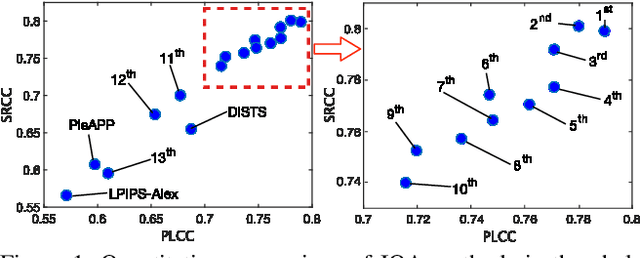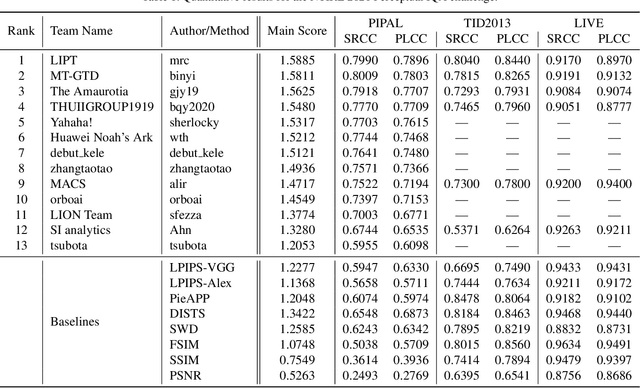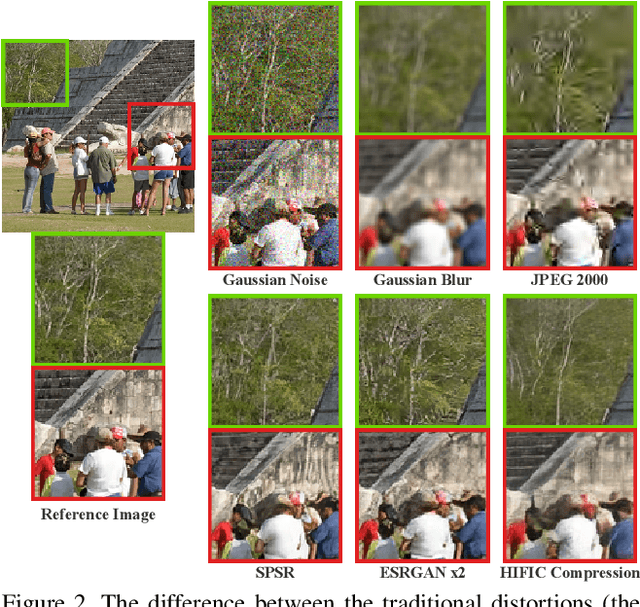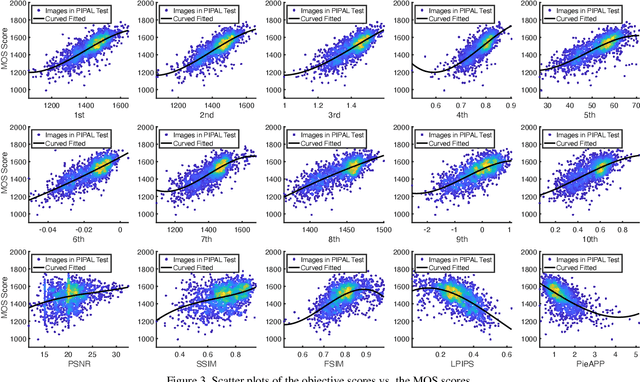Sungjun Yoon
Difficulty-Focused Contrastive Learning for Knowledge Tracing with a Large Language Model-Based Difficulty Prediction
Dec 19, 2023



Abstract:This paper presents novel techniques for enhancing the performance of knowledge tracing (KT) models by focusing on the crucial factor of question and concept difficulty level. Despite the acknowledged significance of difficulty, previous KT research has yet to exploit its potential for model optimization and has struggled to predict difficulty from unseen data. To address these problems, we propose a difficulty-centered contrastive learning method for KT models and a Large Language Model (LLM)-based framework for difficulty prediction. These innovative methods seek to improve the performance of KT models and provide accurate difficulty estimates for unseen data. Our ablation study demonstrates the efficacy of these techniques by demonstrating enhanced KT model performance. Nonetheless, the complex relationship between language and difficulty merits further investigation.
NTIRE 2021 Challenge on Perceptual Image Quality Assessment
May 11, 2021



Abstract:This paper reports on the NTIRE 2021 challenge on perceptual image quality assessment (IQA), held in conjunction with the New Trends in Image Restoration and Enhancement workshop (NTIRE) workshop at CVPR 2021. As a new type of image processing technology, perceptual image processing algorithms based on Generative Adversarial Networks (GAN) have produced images with more realistic textures. These output images have completely different characteristics from traditional distortions, thus pose a new challenge for IQA methods to evaluate their visual quality. In comparison with previous IQA challenges, the training and testing datasets in this challenge include the outputs of perceptual image processing algorithms and the corresponding subjective scores. Thus they can be used to develop and evaluate IQA methods on GAN-based distortions. The challenge has 270 registered participants in total. In the final testing stage, 13 participating teams submitted their models and fact sheets. Almost all of them have achieved much better results than existing IQA methods, while the winning method can demonstrate state-of-the-art performance.
 Add to Chrome
Add to Chrome Add to Firefox
Add to Firefox Add to Edge
Add to Edge